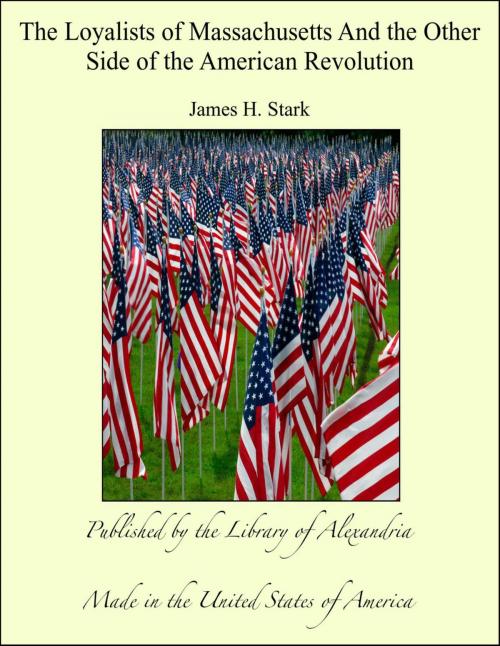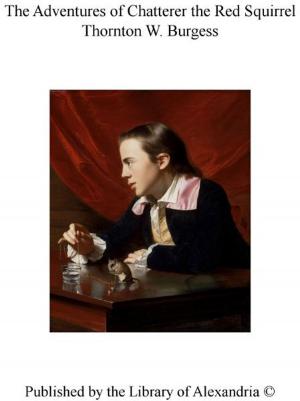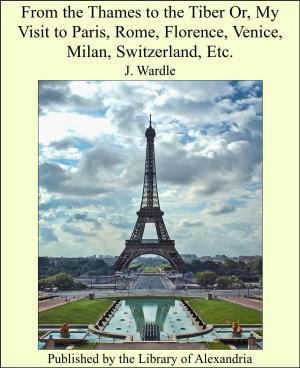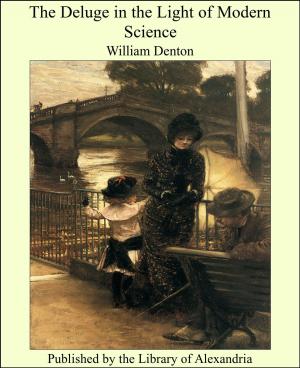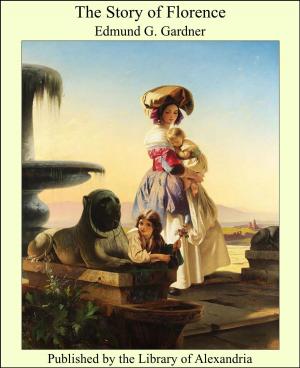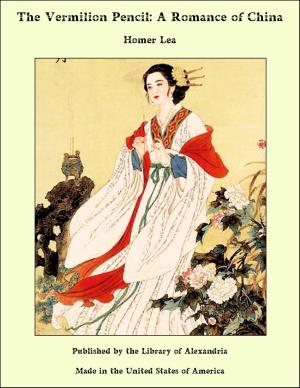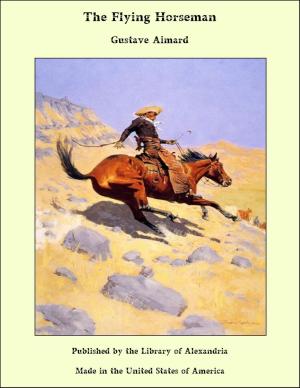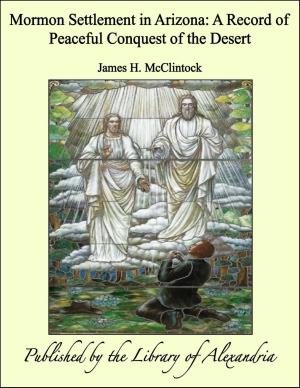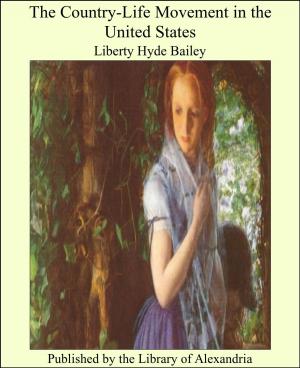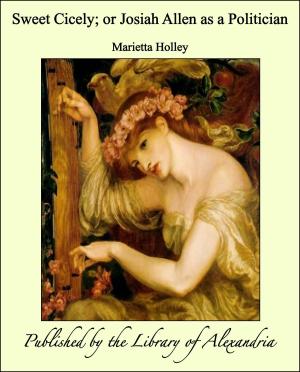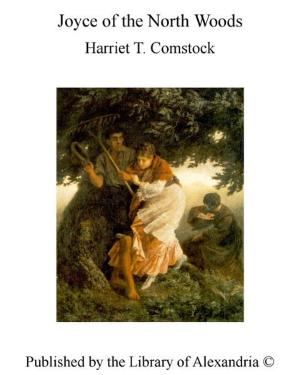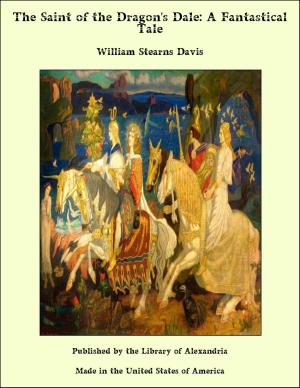The Loyalists of Massachusetts And the Other Side of the American Revolution
Nonfiction, Religion & Spirituality, New Age, History, Fiction & Literature| Author: | James H. Stark | ISBN: | 9781465573919 |
| Publisher: | Library of Alexandria | Publication: | March 8, 2015 |
| Imprint: | Language: | English |
| Author: | James H. Stark |
| ISBN: | 9781465573919 |
| Publisher: | Library of Alexandria |
| Publication: | March 8, 2015 |
| Imprint: | |
| Language: | English |
At the dedication of the monument erected on Dorchester Heights to commemorate the evacuation of Boston by the British, the oration was delivered by that Nestor of the United States Senate, Senator Hoar. In describing the government of the colonies at the outbreak of the Revolution, he made the following statement: "The government of England was, in the main, a gentle government, much as our fathers complained of it. Her yoke was easy and her burden was light; our fathers were a hundred times better off in 1775 than were the men of Kent, the vanguard of liberty in England. There was more happiness in Middlesex on the Concord, than there was in Middlesex on the Thames." A few years later Hon. Edward B. Callender, a Republican candidate for mayor of Boston, in his campaign speech said: "I know something about how this city started. It was not made by the rich men or the so-called high-toned men of Boston—they were with the other party, with the king; they were Loyalists. Boston was founded by the ordinary man—by Paul Revere, the coppersmith; Sam Adams, the poor collector of the town of Boston, who did not hand over to the town even the sums he collected as taxes; by John Hancock, the smuggler of rum; by John Adams, the attorney, who naively remarked in his book that after the battle of Lexington they never heard anything about the suits against John Hancock. Those were settled."
At the dedication of the monument erected on Dorchester Heights to commemorate the evacuation of Boston by the British, the oration was delivered by that Nestor of the United States Senate, Senator Hoar. In describing the government of the colonies at the outbreak of the Revolution, he made the following statement: "The government of England was, in the main, a gentle government, much as our fathers complained of it. Her yoke was easy and her burden was light; our fathers were a hundred times better off in 1775 than were the men of Kent, the vanguard of liberty in England. There was more happiness in Middlesex on the Concord, than there was in Middlesex on the Thames." A few years later Hon. Edward B. Callender, a Republican candidate for mayor of Boston, in his campaign speech said: "I know something about how this city started. It was not made by the rich men or the so-called high-toned men of Boston—they were with the other party, with the king; they were Loyalists. Boston was founded by the ordinary man—by Paul Revere, the coppersmith; Sam Adams, the poor collector of the town of Boston, who did not hand over to the town even the sums he collected as taxes; by John Hancock, the smuggler of rum; by John Adams, the attorney, who naively remarked in his book that after the battle of Lexington they never heard anything about the suits against John Hancock. Those were settled."
